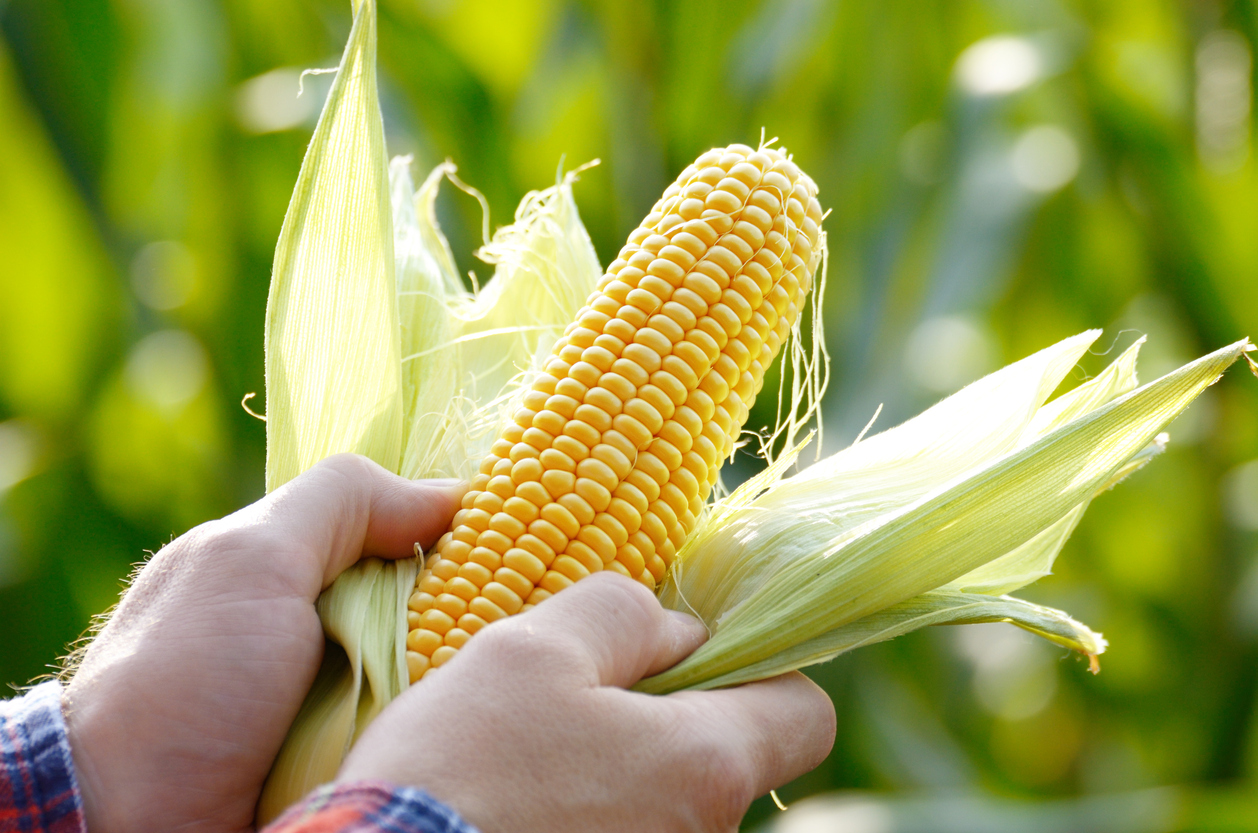
Gene Editing Makes Crops 'Indigestible' to Pests
November 19, 2025| |
An international research review highlights the potential of gene editing to naturally protect major agricultural crops such as corn, beans, and peas, by enhancing their inherent defenses against starch-consuming insects. The study focuses on alpha-amylase inhibitor proteins (AIPs), which are naturally present in the seeds of wild plants. These proteins work by making the starch in the seeds indigestible to common pests, such as weevils, beetles, and woodworms, hindering their growth and reproduction in fields and storage.
The researchers note that centuries of plant domestication, aimed at increasing productivity and making seeds more digestible and palatable for humans, may have inadvertently reduced the production of these natural inhibitor proteins. This reduction has left modern commercial crops more vulnerable to pests that cause massive economic losses worldwide, particularly in stored grains. The new research, published in the Biotechnology Journal, emphasizes that gene editing techniques, such as CRISPR, could be used to boost the expression of a plant's existing AIP genes, strengthening its protective barrier without needing to introduce genes from other species (transgenesis).
This approach offers a promising path for creating the next generation of pest-resistant crops that may not be classified as genetically modified organisms (GMOs) under certain regulatory frameworks. Scientists stress the importance of ensuring that the enhanced inhibitors remain selective, affecting only the target insect pests while remaining digestible to humans and livestock. By carefully designing these genetic modifications, the technology aims to provide a sustainable alternative to chemical pesticides, strengthening global food security, especially in regions highly reliant on these vulnerable crops.
For more details, read this article.
| |
You might also like:
- ARS Introduces Improved Winter Peas for Food Use
- Transgenic Tobacco Becomes Pheromone Factory to Control Pests
- First Pea Genome to Help Improve Future Crops
Biotech Updates is a weekly newsletter of ISAAA, a not-for-profit organization. It is distributed for free to over 22,000 subscribers worldwide to inform them about the key developments in biosciences, especially in biotechnology. Your support will help us in our mission to feed the world with knowledge. You can help by donating as little as $10.
-
See more articles:
-
Plant
- Gene-Edited Cotton Offers Resistance Against Reniform Nematode
- International Research Team Releases Pangenome and Panphenome of Eggplant
- Environmental Risk Assessment Finds GM Maize DP51291 Safe for Non-Target Organisms
- Bt Maize Shows Strong Protection Against Major Pests in Tropical Asia
- Gene Editing Makes Crops 'Indigestible' to Pests
- Ecuador Turns to Gene Editing to Combat Devastating Banana Fungus
-
Animal
- Gene Drive Technologies: Advances in Health, Conservation, and Governance
-
Environment
- Experts Convert Food Waste into Biofuel for Aircraft
-
Read the latest: - Biotech Updates (February 18, 2026)
- Gene Editing Supplement (January 28, 2026)
- Gene Drive Supplement (February 22, 2023)
-
Subscribe to BU: - Share
- Tweet

